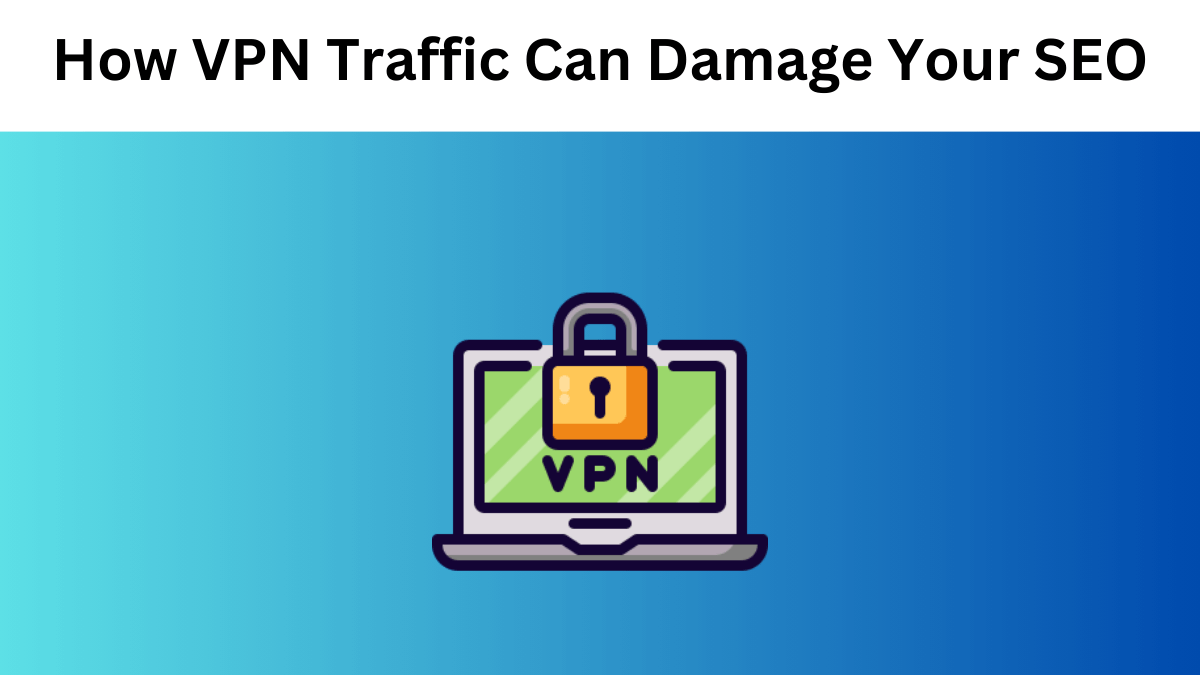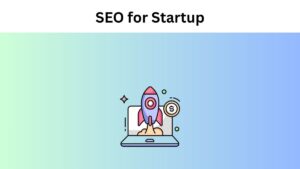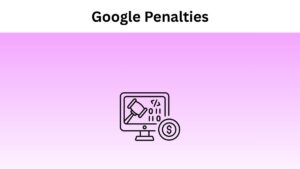SEO is all about signals. Google and other search engines measure engagement, traffic quality, and user experience to decide where your site should rank. But what happens when a significant portion of that traffic isn’t even real? Increasingly, VPN and proxy abuse is creating misleading signals — and it could be holding back your rankings.
Why SEO Professionals Should Care About VPN Traffic
VPNs aren’t inherently bad. Millions of legitimate users rely on them daily for privacy and access. The problem starts when VPNs are abused by bots, spammers, and attackers. This anonymous traffic looks like real visits in your analytics, but it behaves very differently — and that behavior can damage SEO performance.
How Bad Traffic Skews SEO Metrics
Search engines don’t see “bots” and “VPNs.” They see data: bounce rates, session length, engagement, geographic signals. When these are manipulated by fake visits, your site sends the wrong message to Google. Here’s how:
1. Inflated Bounce Rates
Bots that load a single page and exit immediately increase your bounce rate. High bounce rates tell search engines users aren’t finding value on your site, potentially lowering rankings.
2. Skewed Session Durations
Some bots stay on pages for milliseconds, others for unnaturally long times. Either way, this abnormal data skews averages, making it harder to measure real user engagement — a critical SEO signal.
3. Misleading Geographic Data
VPNs allow bots to appear from anywhere in the world. Your analytics may suddenly show “traffic” from dozens of countries irrelevant to your target market. This misleads SEO campaigns that rely on geo-targeting and can confuse local SEO strategies.
4. Corrupted Conversion Rates
SEO isn’t just about rankings — it’s about conversions. When bots and VPN users fill forms or create fake accounts, your conversion data loses accuracy. It becomes harder to connect organic traffic with real business results.
Why Traditional Anti-Spam Isn’t Enough
CAPTCHAs, IP blocklists, and standard spam filters help, but they’re not designed for SEO integrity. They let much anonymous traffic slip through, which continues to warp your engagement metrics. Worse, heavy-handed CAPTCHAs can harm real user experience — another ranking factor.
SEO-Driven Solutions for VPN Traffic
If SEO is about trust and signal quality, the solution is clear: protect your data at the source. Here’s a layered approach designed specifically for SEO professionals:
- Harden basic security: Updated plugins, secure hosting, and login attempt limits.
- Use analytics filters: Segment suspicious geographies or behaviors to isolate bot activity.
- Block VPN and proxy traffic: Stop anonymous users before they ever interact with your site.
For WordPress sites, one practical option is the VPN Guard WordPress Plugin, which automatically detects and blocks suspicious VPN/proxy connections. By filtering this traffic out early, your SEO signals stay cleaner — and your rankings more accurately reflect real user engagement.
Balancing SEO and Accessibility
Of course, some legitimate users rely on VPNs for privacy. The key isn’t to block all VPNs indiscriminately, but to set smart rules:
- Whitelist trusted regions or IPs relevant to your target market.
- Use exception lists for known customers or contributors.
- Combine VPN blocking with behavior analysis — e.g., blocking repeated suspicious sessions, not occasional genuine visits.
This way, you preserve access for real users while protecting the integrity of your SEO signals.
The SEO Payoff of Clean Data
For SEO professionals, the biggest benefit of blocking bad VPN traffic isn’t just stronger security — it’s cleaner data. With more accurate engagement metrics, you gain:
- Better keyword strategy: Decisions based on real behavior, not noise.
- Stronger content insights: Know which pages truly resonate with readers.
- Reliable conversion tracking: Connect SEO campaigns to genuine leads and sales.
- Improved rankings: By eliminating false signals, you align site performance with genuine user satisfaction — which is exactly what search engines reward.
Action Checklist for SEO-Focused Websites
- Audit analytics for signs of bot/VPN traffic (sudden spikes, irrelevant countries, odd session durations).
- Set up filters in Google Analytics to separate suspicious data.
- Review bounce rates and session times across traffic sources to spot anomalies.
- Deploy VPN/proxy blocking to cut out harmful traffic at the source.
- Reassess SEO strategies once data reflects only genuine users.
Also Read: VPS Hosting India – A Managed Virtual Solution for Pros
Final Thoughts
In the SEO world, accuracy is everything. Strategies rise and fall on the quality of the signals we feed into them. Best VPNs and proxy abuse may seem like a technical problem, but in reality, it’s an SEO problem — one that can silently undermine rankings, conversions, and growth.
By taking proactive steps, including blocking suspicious VPN traffic, you not only protect your website but also ensure your SEO campaigns rest on a foundation of genuine user engagement. In the end, that’s what search engines want — and what your business deserves.






